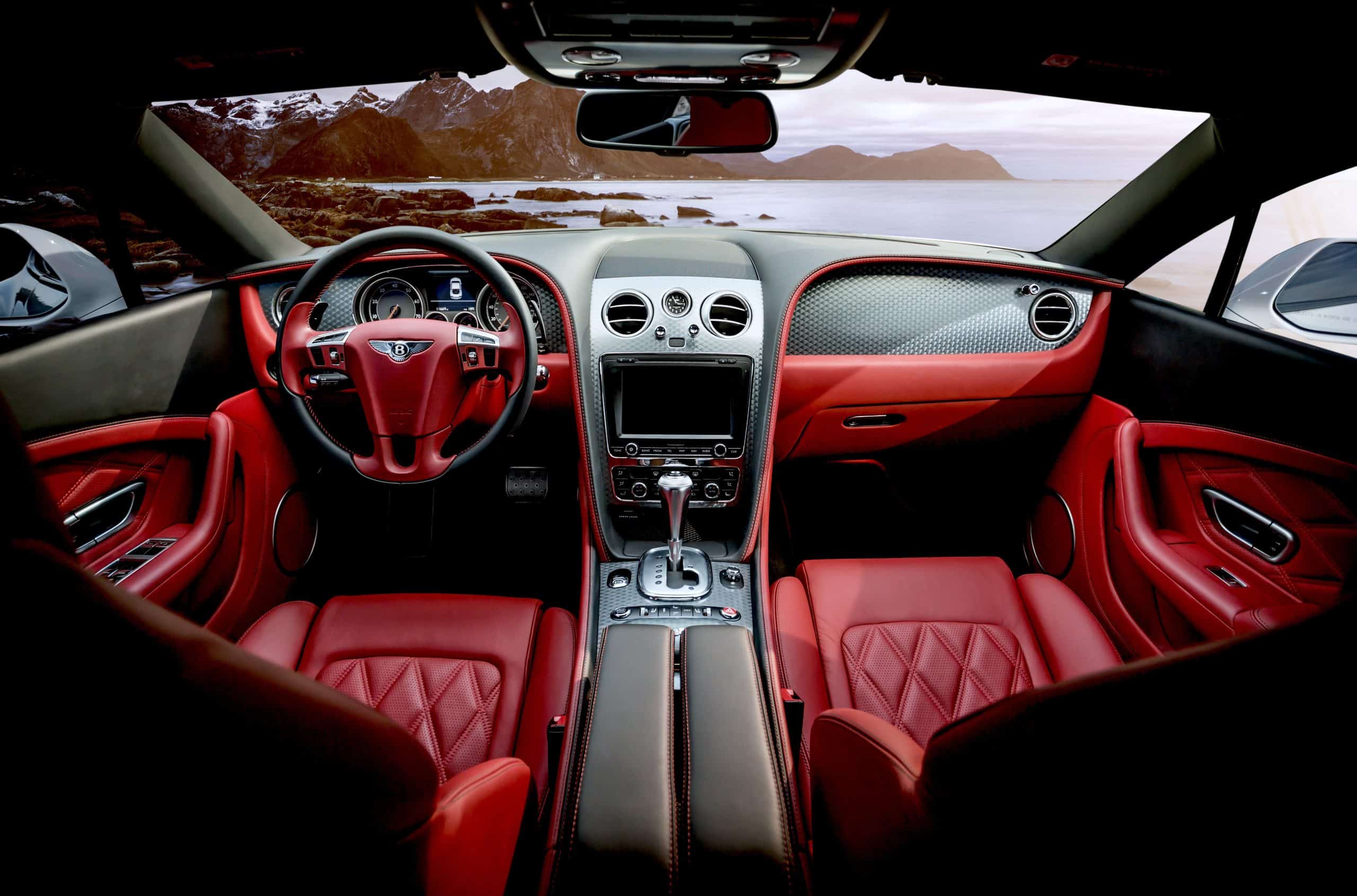Can You Improve Your Car’s Fuel Economy with Simple Driving Habits?

The way you drive your vehicle can have a significant impact on its fuel economy. By making a few simple changes to your driving habits, you can often reduce your fuel consumption, saving money and reducing your environmental footprint. This article will explore five key areas where adjustments can lead to improved fuel economy.
Keeping Your Engine Tuned
A well-maintained car engine can improve gas mileage by an average of 4 percent. In some cases, such as when you’re dealing with a serious issue like a faulty oxygen sensor, fixing the problem can improve your mileage by as much as 40 percent.
A lire aussi : What Are the Advantages of LED Headlights Over Halogen?
Your vehicle’s engine is designed to burn fuel as efficiently as possible, but like any machine, it can lose efficiency over time. Regular tune-ups help to keep your engine in peak condition, ensuring that it’s burning fuel as efficiently as possible. The components of your engine work together to ignite the fuel-air mixture that powers your vehicle. If any of these components aren’t working as they should, it can throw off the entire system, leading to wasted fuel.
Routine maintenance, such as changing your air filters and spark plugs, can also improve fuel economy. A clean air filter allows your engine to breathe easily, reducing strain and improving efficiency. Spark plugs that are in good condition ensure a clean, efficient burn of the fuel-air mixture.
Sujet a lire : How to Choose the Right Car Insurance Policy for Your Needs?
Maintaining Your Tires
Underinflated tires can decrease your gas mileage by about 0.2 percent for every 1 psi drop in the average pressure of all tires. Therefore, keeping your tires properly inflated can significantly improve your vehicle’s fuel economy.
Your tires play a crucial role in how your vehicle interacts with the road. When your tires are underinflated, your engine has to work harder to move the vehicle, which can lead to increased fuel consumption. Moreover, underinflated tires can cause uneven wear, leading to a shorter lifespan for your tires.
Aside from maintaining proper tire pressure, choosing low-rolling-resistance tires can also enhance fuel economy. These tires are designed to minimize the energy wasted as heat, and can improve fuel economy by as much as 3 percent.
Avoiding Excessive Idling
Your car burns fuel whenever it’s running, even if it’s just sitting in place. In fact, idling can use a quarter to a half gallon of fuel per hour, depending on your car’s engine size and the air conditioner use.
If you’re waiting in your car for a long period of time, consider turning the engine off. Most modern vehicles use very little fuel when starting up, so it’s often more efficient to turn off your engine and restart it than to let it idle for extended periods.
In addition, many new vehicles come equipped with automatic start-stop systems that turn off the engine when the vehicle is stationary and restart it as soon as the driver starts to lift off the brake. This feature can help improve gas mileage, especially in city driving where stop-and-go traffic is common.
Driving at Moderate Speeds
While it may be tempting to speed up to get to your destination faster, higher speeds can lead to higher fuel consumption. According to the U.S. Department of Energy, gas mileage usually decreases rapidly at speeds above 50 mph. Each 5 mph you drive over 50 mph is like paying an additional $0.18 per gallon for gas.
By maintaining a steady speed within the legal limit, you can significantly improve your car’s fuel economy. Using cruise control on the highway can also help you maintain a constant speed and save gas.
Reducing Excess Weight
The more weight your vehicle carries, the harder your engine has to work and the more fuel it burns. An extra 100 pounds in your vehicle could reduce your MPG by about 1 percent. Therefore, avoid keeping unnecessary items in your vehicle, especially heavy ones.
Moreover, if your vehicle has a rooftop cargo box, consider removing it when it’s not in use. These boxes can create wind resistance, which can make your vehicle use more fuel, especially at highway speeds.
Implementing these driving habits into your daily routine won’t just improve your car’s fuel economy, it’ll also contribute to a healthier environment by reducing your vehicle’s emissions. Remember that each vehicle is different and your mileage may vary, so it’s always a good idea to consult your vehicle’s owner’s manual for more specific information.
Using the Right Grade of Motor Oil
Just like the blood in your body, motor oil is essential for the proper functioning of your car’s engine. The right grade of oil can significantly impact your car’s fuel economy. Using the manufacturer’s recommended grade of motor oil can improve your gas mileage by 1-2 percent.
Motor oil grades are determined by their viscosity, the measure of its resistance to flow. Lower viscosity oils flow more easily at low temperatures than higher viscosity oils, reducing the energy needed to circulate the oil in your engine, and in turn, reducing fuel consumption. This is especially true during cold starts when the engine has been off for an extended period and the oil has cooled.
Conversely, using the wrong type of motor oil can increase the friction in the engine, making it work harder and consume more fuel. Hence, it’s essential to use the motor oil that your car’s manufacturer recommends for your specific model, which is often found in the owner’s manual. This can help ensure your engine runs smoothly and efficiently, contributing to improved gas mileage.
Besides, motor oil tends to degrade over time, losing its effectiveness and becoming less efficient. Therefore, regular oil changes are also necessary to maintain optimal engine performance and fuel economy.
The Role of Efficient Driving Habits
Having efficient driving habits is key to improving your car’s fuel economy. One of the fundamental habits is to avoid rapid acceleration and hard braking. Such actions can lead to higher fuel consumption as your engine needs to work harder.
Instead, try to accelerate smoothly and slowly. Keeping a steady speed not only increases fuel efficiency but also reduces wear on your vehicle. Similarly, when you need to slow down or stop, do so gradually. This practice will not only save fuel but also extend the life of your brakes.
Another efficient habit is planning your trips in advance. Multiple short trips, each one taken from a cold start, can use twice as much fuel as one longer multi-purpose trip covering the same distance when the engine is warm. Try to combine several tasks into one trip and avoid peak rush hours whenever possible to reduce time spent idling in traffic.
Moreover, using your car’s cruise control feature during highway driving can help maintain a steady speed and reduce fuel consumption. However, use it wisely. On hilly terrain, cruise control may cause your vehicle to speed up faster than it would if you were controlling the throttle yourself.
Conclusion
Improving your car’s fuel economy is not only beneficial to your wallet but also to the environment. Simple steps like keeping your engine tuned, maintaining your tires, avoiding excessive idling, driving at moderate speeds, reducing excess weight, using the right motor oil, and adopting efficient driving habits can significantly reduce your fuel costs and improve gas mileage.
Remember, consistency is key. By incorporating these habits into your daily driving routine, you can ensure that your vehicle operates at its peak fuel efficiency. Over time, these small changes can lead to big savings, proving that it is indeed possible to improve your car’s fuel economy with simple driving habits. Always consult your vehicle’s owner’s manual for more specific information.
By committing to more fuel-efficient driving, we can collectively make a significant impact on reducing greenhouse gas emissions, moving towards a more sustainable and environmentally friendly future.
